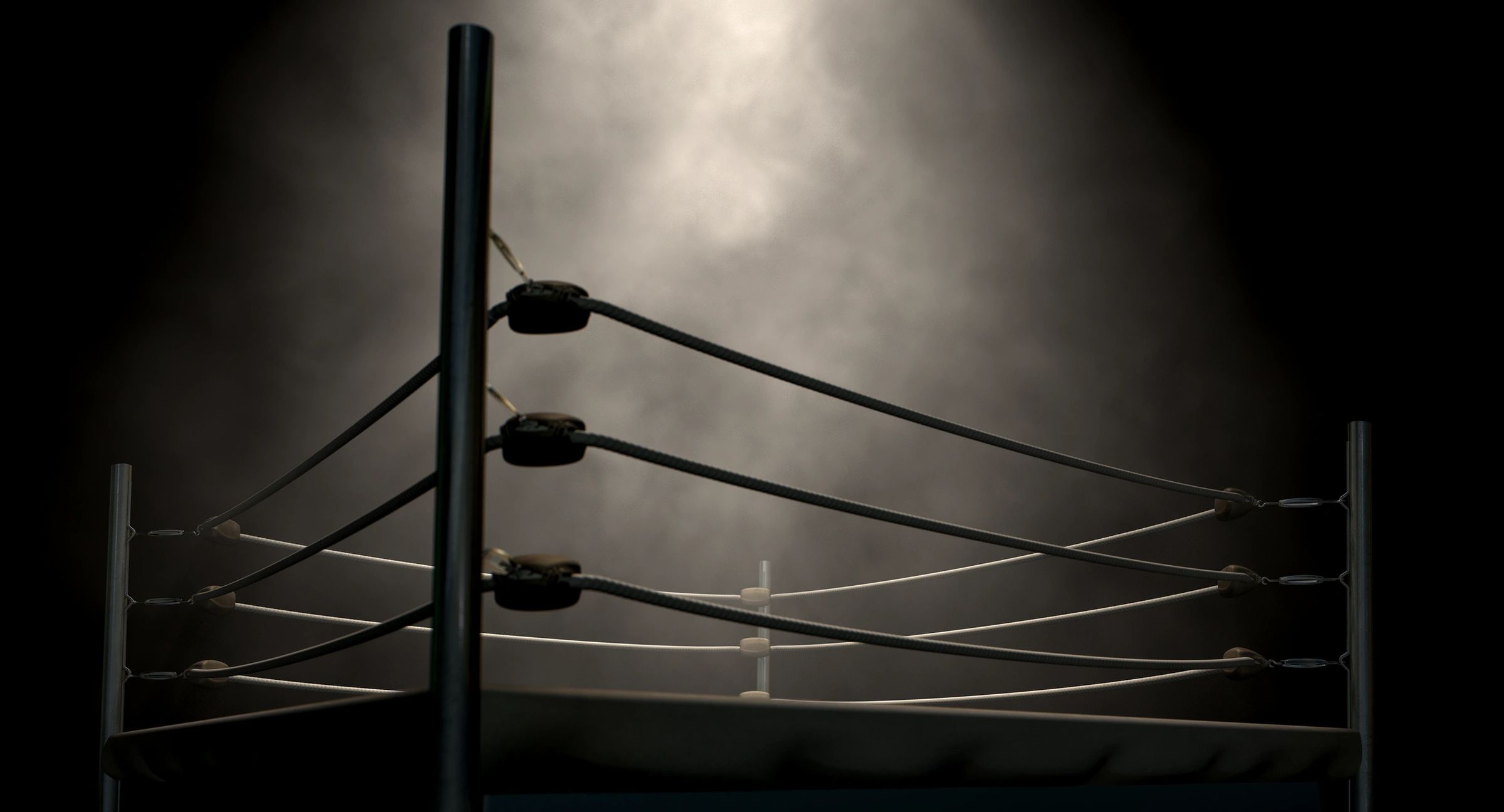This week’s Parsha begins, “V’haya eikev tishmo’un – If you will listen to Hashem with your heel.” This sounds very strange. It’s possible to be attentive and to listen with one’s ears but how can someone listen with his heel? What precisely does this mean? This is also the only Parsha that is named for a part of the body. What is the special significance of the heel? My father, Rav Yitzchok Fingerer shlita explained based on the Chidushei Harim that anatomically the heel is the endpoint, the lowest and furthest part of the human body. The heel is also a contradiction in terms. The heel is the thickest and hardest part of the entire body. It has the most connective tissue. Yet proportionally the heel has more nerve endings than any other part of the body – it’s the most sensitive part of the body.
How does this relate to us and why does Hashem tell us to listen with our heel? The Chidushei Harim says that the heel represents us – the generation of Jews that will live at the times right before Moshiach. The heel represents the generation that is at the bottom – the most distant and removed from Sinai. The generation that is the most surrounded by temptation and corruption. It’s this generation, the “heel” generation that despite all odds will listen to Hashem, stay away from immorality and indecency, and instead cling tenaciously and persistently to Hashem. They will be the ones who will make the greatest impact. They will bring Moshiach! This generation is the generation we are living in right now! We are at the brink of Moshiach – he’s around the corner!
It’s hard to stay strong but we must remember that we Jews are the heel. We may feel thickened and hardened. We may feel that it’s almost impossible to feel the spirituality. But like the heel, we are the most sensitive – the most sensitive to holiness. It is us who will bring Moshiach if we despite all odds listen to Hashem with our heel and keep His commandments, even though it’s hard. We will be the ones to bring Moshiach! We have so many temptations but so many opportunities! Let’s bring Moshiach.
In 1941, Rav Mendele Vishover was lying on his deathbed. His nephew, Rav Yidele Horowitz of Dzhikov, was visiting him in the hospital when the doctor entered the room and asked the Vishover how he was feeling. The Rebbe looked up and responded, “ Thank g-d I am feeling fine. The pain has subsided.” When Rav Yidele heard this he breathed a sigh of relief. The doctor, however, gasped and his face turned pale. Rav Yidele looked at the doctor in concern. “What’s wrong? Isn’t this good news? The Rabbi doesn’t have pain anymore! Quietly, the doctor explained to Rav Yodel that the disease is still there and it didn’t gone away. As long as the body is fighting the disease, it’s going to hurt. The pain one feels is from his body fighting. However, if there is no more pain that means that the body has given up. A few hours later the Vishover sadly passed away.
The lesson of the story is as follows: We must realize that temptation is normal. At times we may fall. We are human. However, as long as we meet our challenges, and it’s painful, we know that we are alive and fighting. Falling does not signify weakness – it signifies strength. When we fall, the pain we endure is a sign of life. It means that we care and that we are fighting. It means that we are striving to do what is good and that we haven’t given up. It means that we possess holiness and greatness. Even if we fall, we have to get up. Even though we are the generation of the heel, living in this world full of temptation and desire, let’s not give up. Let’s stay strong. Let’s persevere and continue fighting. This way we will win and bring Moshiach! To receive our weekly email, email us at parshaknowledge@gmail.com or visit our website parshaknowledge.com.







